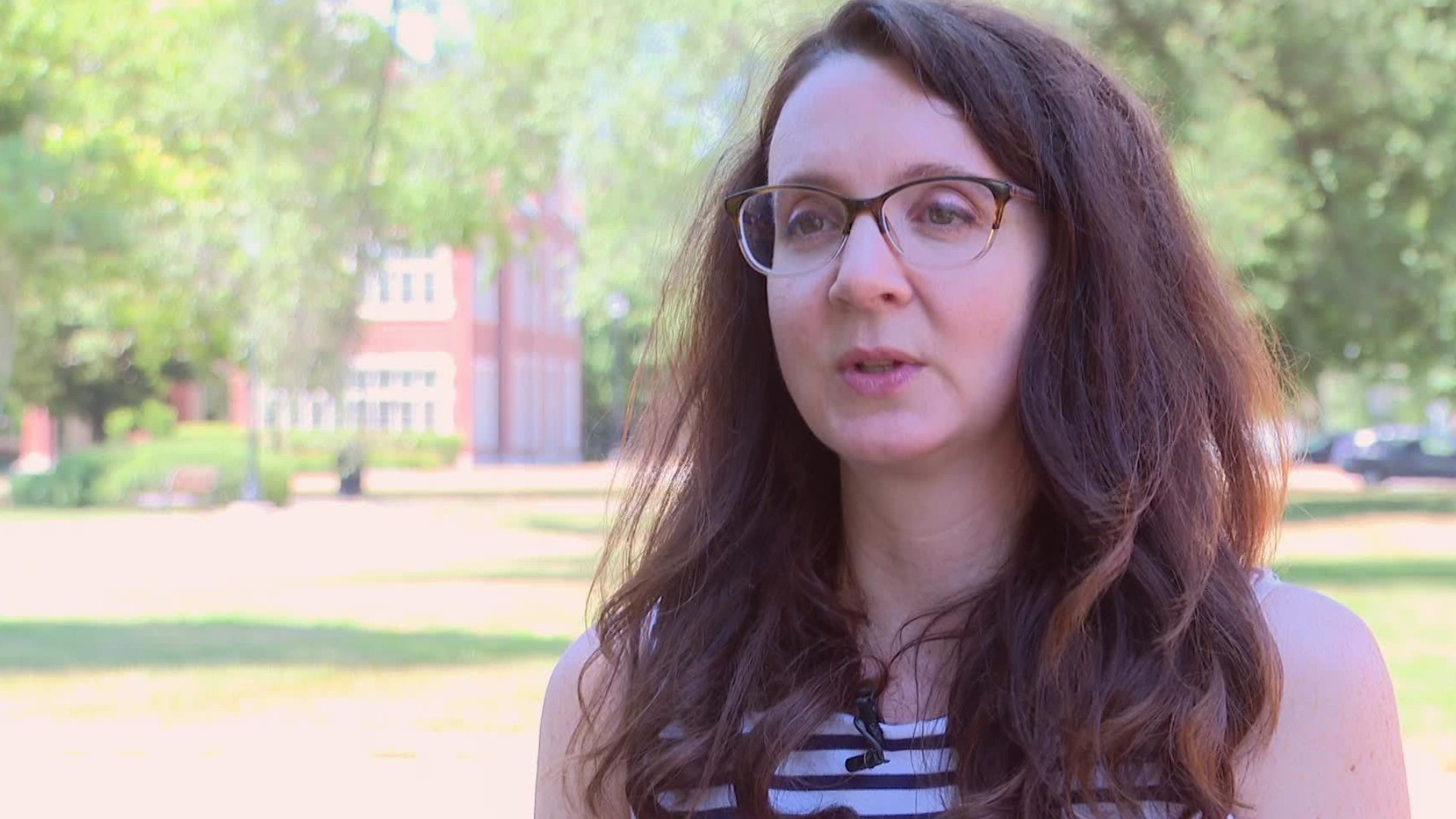INDIANAPOLIS — "There is no line that separates health and life. This is an extremely gray area," said Dr. Caroline Rouse, a maternal fetal medicine physician at IU Health.
Around the state, Hoosiers took pause Wednesday as Republican lawmakers in the Senate unveiled plans for an all-out ban on abortion, with a few, narrow exceptions in cases of rape, incest and to save the life of the mother.
Rouse was paying close attention to that announcement to see if new legislation could impact the medical care, including lifesaving treatments she's able to provide her patients with.
"We already have one really significant concern that is going to impact our practice and the health of the patient and that is the lack of clarity around exceptions for the health of the pregnant person," Rouse said.
As Senate Bill 1 reads now, the exception for doctors to intervene would be allowed when, "the abortion is necessary to prevent a substantial permanent impairment of the life of the mother". But Rouse said the language is murky. Medical care is complicated and nuanced, and every pregnancy and every medical condition can be different.
"We don't have a list that says 'this is health-threatening and this is life-threatening' and they are two different things," Rouse said. "Things that are health-threatening can easily become life-threatening, and it's really challenging or impossible to know exactly at what point that is going to happen."
Rouse said doctors are trained to help care for an issue before it becomes life-threatening, but with this new legislation, it's unclear if doctors will be allowed to act early for their patients without being punished.
"There is something that references criminalization in the event of an illegal abortion," Rouse said. "And while there are exceptions for the life of the mother, rape and incest, I worry that a physician acting in their good faith medical judgment that does believe this is a life-threatening condition could be questioned at some point later and have their license questioned or be at risk of criminal penalties."


Indiana already has the third-highest rate of maternal mortality in the country. And that rate is likely to skyrocket if abortion procedures are banned or even limited for women, Rouse said.
And some health issues need to be addressed early on where possible, Rouse said, like preeclampsia. The condition is common, causing high blood pressure during pregnancy or close to term. It's serious, it can be fatal for both the mom and the baby.
"It can happen even before the baby reaches viability, or around 22 weeks. When it happens in that pre-viable time period, if you delay delivery even knowing that the baby won't survive after delivery, you seriously run the risk of compromising that patient's health and threaten their life," said Rouse.
Now, she and other physicians are speaking up about the proposed abortion ban, calling on lawmakers for more clarity in the legislation because women's lives depend on it.
"If the physician and other health care providers don't have that clarity, they're not going to know how to act," Rouse said.
What other people are reading:

